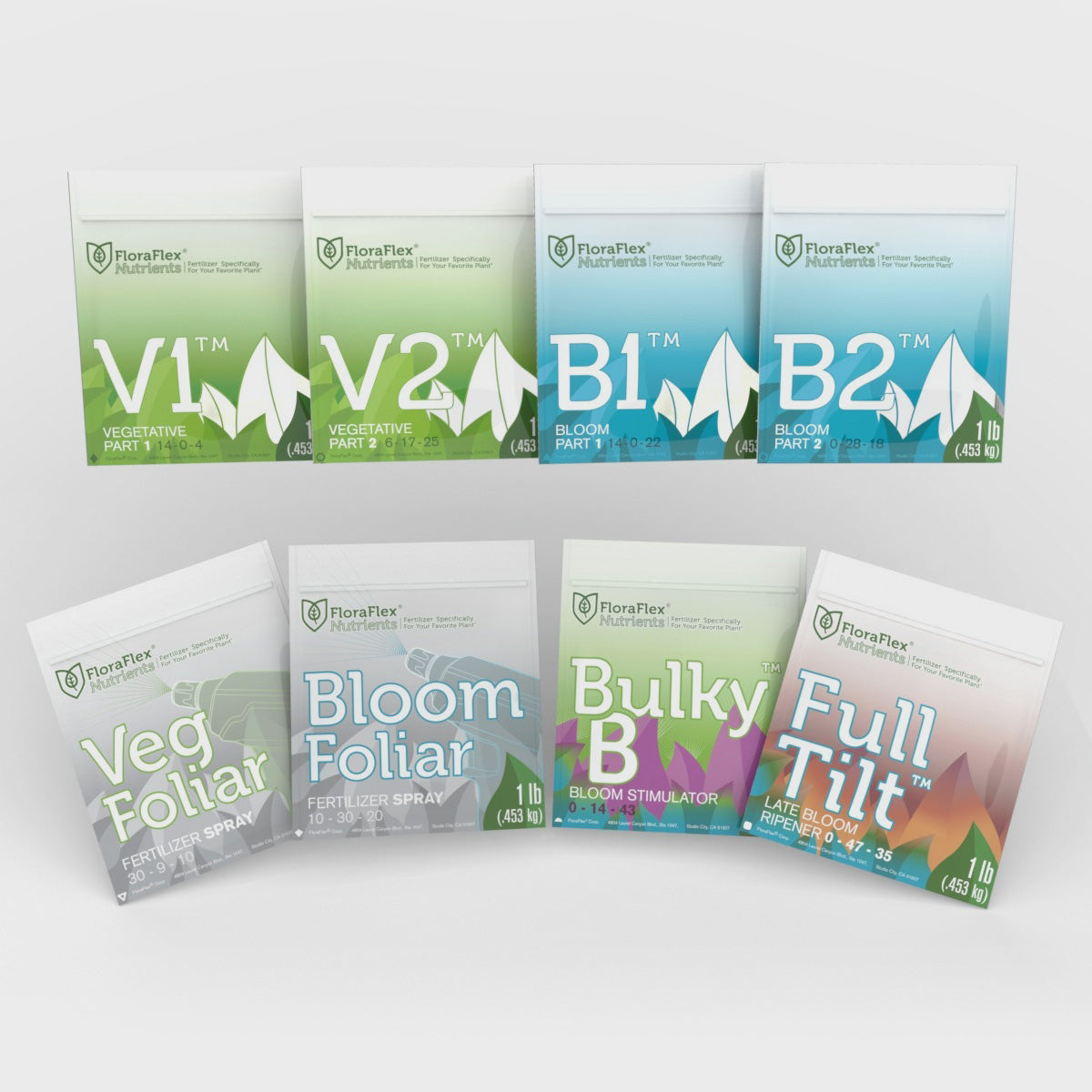The Importance of Quality Control
Ensuring Consumer Safety
Quality control is vital in ensuring the safety of cannabis products for consumers. Through rigorous testing, cultivators can identify and eliminate contaminants such as pesticides, heavy metals, and microbial pathogens. By implementing stringent quality control measures, cultivators can provide consumers with safe and reliable cannabis products.
Consistency and Efficacy
Consistency and efficacy are key factors in building consumer trust and loyalty. Quality control measures help cultivators maintain consistent levels of cannabinoids, terpenes, and other active compounds in their cannabis products. This ensures that consumers receive the same experience and therapeutic benefits with each use, enhancing the overall efficacy of the products.
Regulatory Compliance
The cannabis industry is subject to strict regulations, and compliance with quality control and testing requirements is essential for cultivators. Adhering to regulatory guidelines ensures that cannabis products meet the required safety and quality standards. By implementing robust quality control protocols, cultivators can avoid legal issues and maintain compliance with local and regional regulations.
Quality Control and Testing Methods
Potency Testing
Potency testing determines the concentration of cannabinoids in cannabis products. High-performance liquid chromatography (HPLC) and gas chromatography (GC) are commonly used techniques to analyze the levels of cannabinoids, including THC and CBD. Potency testing ensures accurate labeling and helps consumers make informed choices based on the desired potency levels.
Pesticide Testing
Pesticide testing identifies the presence of harmful pesticides and insecticides in cannabis products. Liquid chromatography-tandem mass spectrometry (LC-MS/MS) and gas chromatography-mass spectrometry (GC-MS) are employed to detect and quantify pesticide residues. By conducting regular pesticide testing, cultivators can ensure their products are free from harmful chemical contaminants.
Microbiological Testing
Microbiological testing is performed to detect bacterial and fungal contaminants in cannabis products. Common pathogens such as E. coli, Salmonella, and Aspergillus can be identified through microbial testing. Cultivators use techniques like polymerase chain reaction (PCR) and culture-based methods to analyze samples and ensure products are free from harmful microorganisms.
Heavy Metal Testing
Heavy metal testing is crucial to identify the presence of toxic heavy metals, including lead, cadmium, mercury, and arsenic, in cannabis products. Inductively coupled plasma mass spectrometry (ICP-MS) is commonly used for heavy metal analysis. Regular heavy metal testing ensures that cannabis products are safe for consumption and comply with regulatory standards.
Residual Solvent Testing
Residual solvent testing is performed to detect solvents leftover from the extraction process, such as butane or ethanol. Gas chromatography-flame ionization detector (GC-FID) and headspace analysis are utilized for residual solvent analysis. By conducting thorough testing, cultivators can ensure that cannabis products are free from harmful solvent residues.
Implementing a Comprehensive Quality Control Program
To maintain consistent product quality, cultivators should implement a comprehensive quality control program. This includes regular testing at various stages of cultivation, from raw materials to finished products. Additionally, documentation, record-keeping, and adherence to standard operating procedures (SOPs) are crucial components of an effective quality control program. Cultivators should also stay updated with the latest testing methodologies and regulatory requirements to ensure ongoing compliance and product safety.
Ensuring Consumer Confidence and Safety
Quality control and testing are paramount in commercial cannabis cultivation. By implementing rigorous quality control measures, cultivators can ensure consumer safety, product consistency, and regulatory compliance. By investing in advanced testing technologies and adhering to best practices, cultivators can build consumer confidence and contribute to the growth and legitimacy of the commercial cannabis industry.








